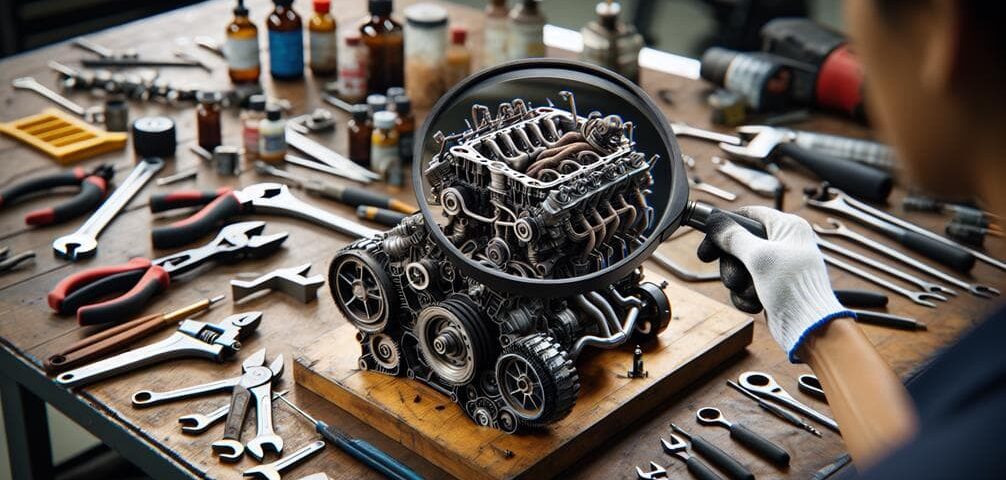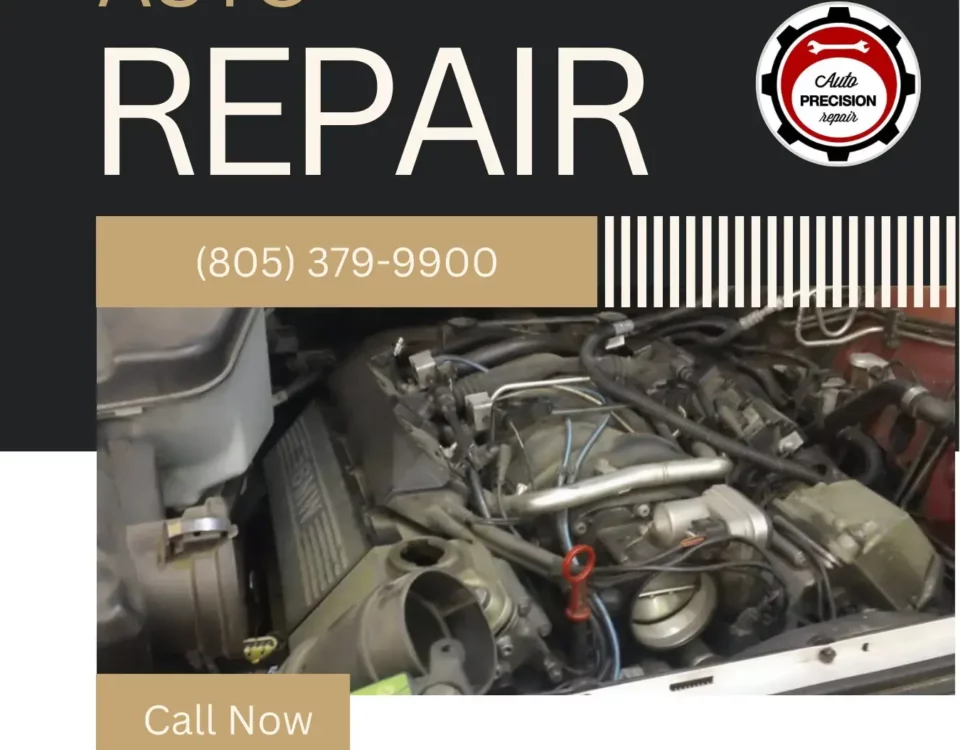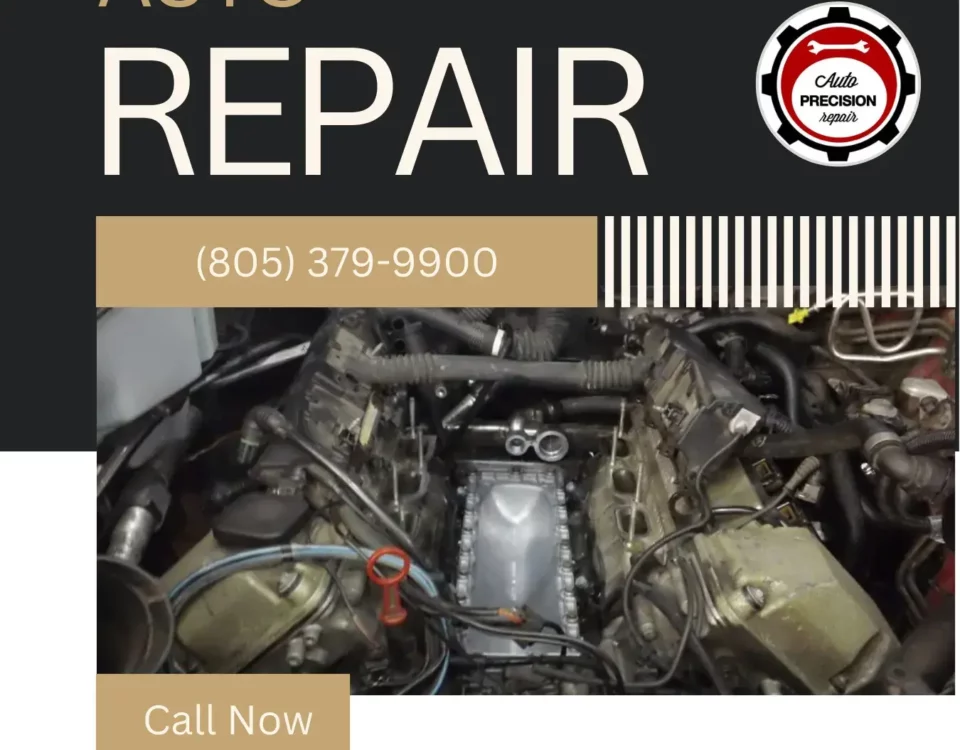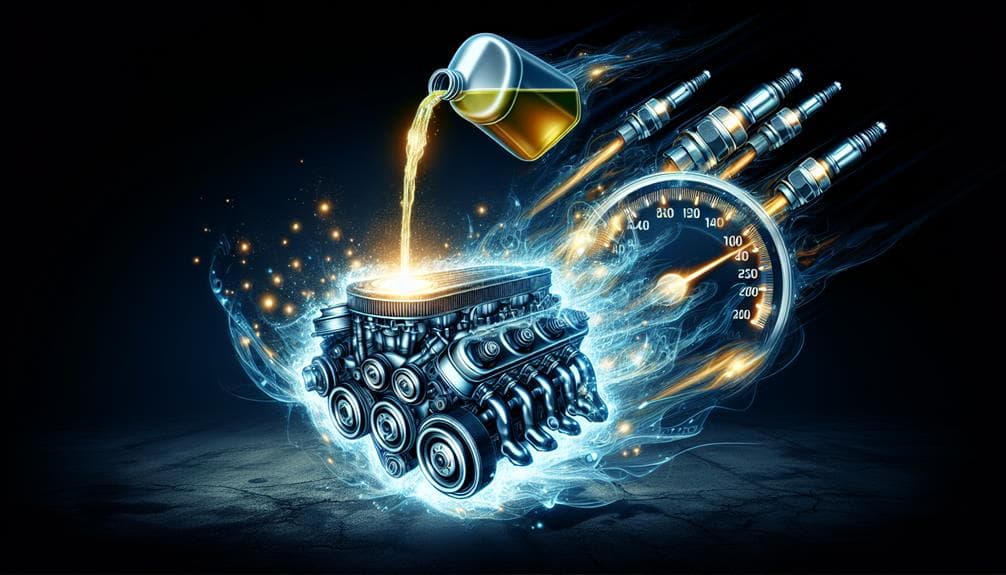
Rev Up Your Ride: Top Services for Engine Longevity and Power
February 6, 2024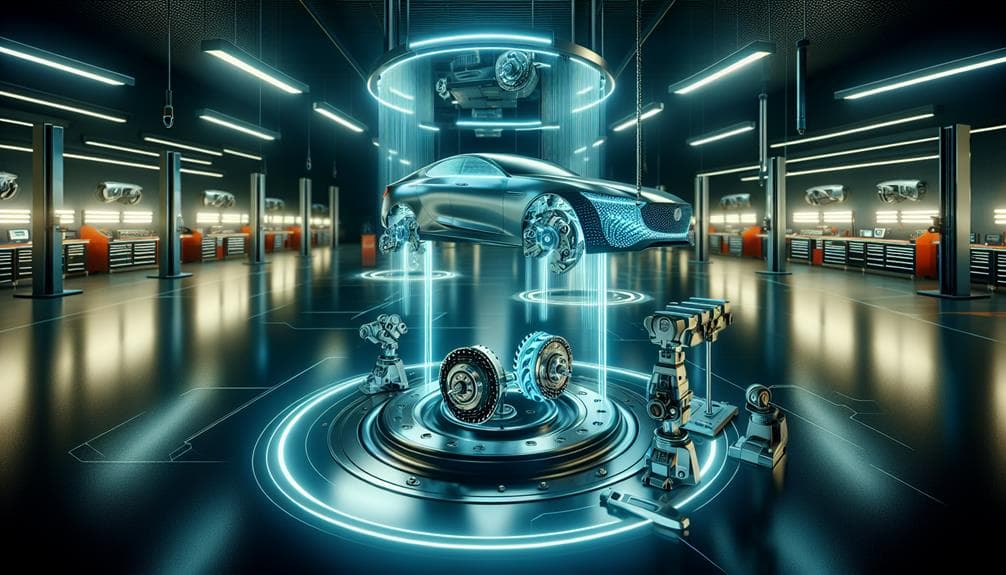
Revolutionizing Brake Repair: Innovative Techniques and Tools
February 6, 2024The intricacies of auto engine services remain a perplexing enigma for many, a complex puzzle of mechanical elements, technical jargon, and specialized procedures. As a cogent understanding of these services is imperative for vehicle longevity, our discussion will attempt to demystify the various facets of this crucial subject. We will begin by exploring the foundational aspects of auto repair engine services, such as routine maintenance and minor repairs, before progressing to more advanced topics including major repairs and engine rebuilds. A comprehensive knowledge in this area not only enhances one’s ability to make informed decisions about vehicle care but also provides invaluable insights into the workings of the automotive industry. The question remains: are you ready to uncover the secrets of the engine enigma?
Understanding Basic Engine Services
To comprehend the fundamental aspects of engine services, one must cultivate an understanding of the various components and processes involved, which range from routine maintenance such as oil changes to more complex tasks like timing belt replacement. Familiarize yourself with the engine anatomy, including the cylinder head, piston, and crankshaft, to appreciate the intricate choreography of combustion. Oil changes, the lifeblood of your engine, should be performed regularly to prevent buildup, while spark plug replacements ensure efficient fuel combustion. Timing belts synchronize the engine’s functions; their wear and tear can disrupt this harmony. By learning these basic services, you become an enlightened member of the automotive community, capable of discerning quality engine services.
Advanced Auto Engine Repairs Explained
Building upon your newfound comprehension of basic engine services, we now navigate into the more intricate realm of advanced auto engine repairs, where an in-depth understanding of engine diagnostics, major component replacements, and system overhauls is crucial.
1. Engine Diagnostics: This involves a deep dive into the heart of the engine, using advanced tools to identify and isolate issues, such as irregular combustion, faulty ignition, or low engine compression.
2. Major Component Replacements: This involves replacing major engine components that are worn out or broken, such as the crankshaft, camshaft, or pistons, which requires expert knowledge and technical skill.
3. System Overhauls: This is a comprehensive service that includes checking, repairing, or replacing all faulty parts of an engine. It’s a meticulous process that can bring an aging or malfunctioning engine back to its optimum functionality.
Conclusion
In conclusion, understanding engine services and advanced auto engine repairs is paramount for vehicle longevity. Although these concepts may seem complex, their understanding demystifies the realm of auto engine services. This knowledge not only fosters informed decisions about vehicle maintenance but also promotes better communication with auto repair professionals. Despite the technicality of the subject, it is essential to grasp at least the basics for the optimal functioning of one’s vehicle.


